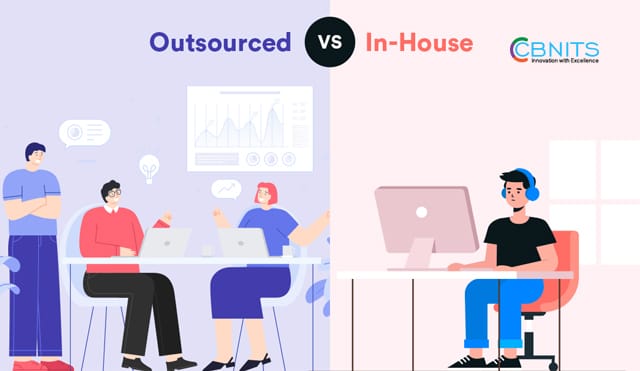Trends in Full-Stack Development & the Real Value of Hiring Full-Stack Development Team

Full-stack development is one of the most crucial elements in software development. From fashion to healthcare, from media to education, every industry is trying to ride the growth of emerging full-stack development trends. Across the world, businesses hire a full-stack developer to get customized solutions for their development needs. The meaning of full-stack development in a simplified way Full-stack development refers to the development of both front ends (client-side) and back end (server-side) portions of the web application. A tech stack comprises an operating system, a server, a database, and other vital tools like libraries, frameworks, environments, and so on. When multiple such tech stacks are layered and run together, they create a Full Stack. Developers at CBNITS identifying 3 major trends in full-stack development in 2022: 1- Blockchain Technology - Blockchain demand is booming and the market is expected to grow at over 60% per year. More blockchain companies are


